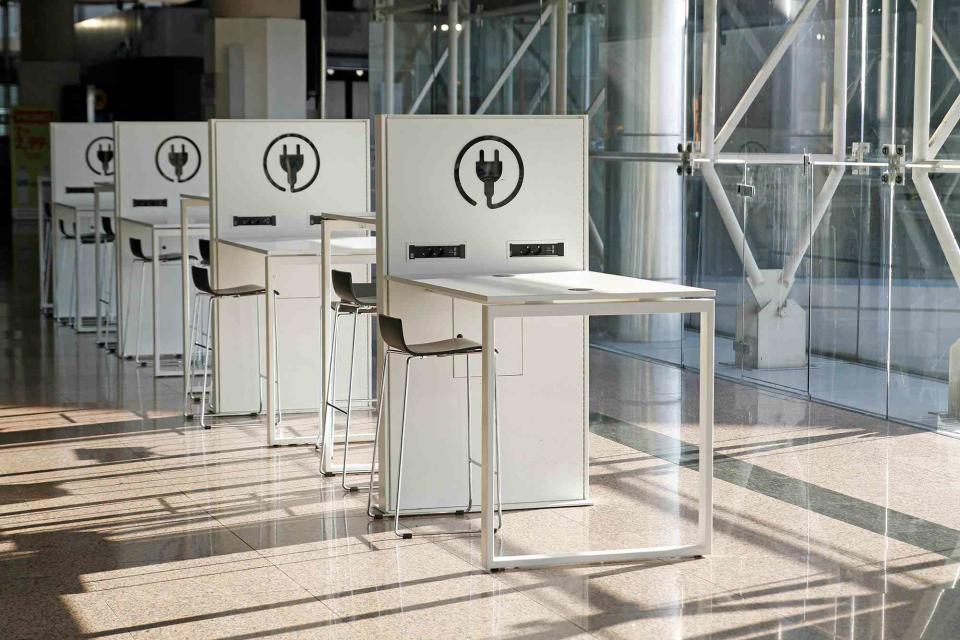The FBI Just Issued a Warning About Using Public Phone Charging Stations — What to Know
Bring your own portable charger instead.

Isabel Pavia/Getty Images
The FBI is reminding travelers to beware of free, public charging stations that offer a seemingly convenient solution to a dead phone battery or device.
“Avoid using free charging stations in airports, hotels or shopping centers. Bad actors have figured out ways to use public USB ports to introduce malware and monitoring software onto devices,” the FBI Denver office shared on social media.
For travelers looking to charge up when on the go, the FBI recommends that individuals bring their own charger with a USB cable, and plug it directly into an electrical outlet instead of using a charging station.
This trend of hacking has been called “Juice Jacking” by the Federal Communications Commission. The FCC has additional recommendations for travelers to purchase charging only cables that cannot transfer data, and to be aware of prompts saying “share data” or “charge only” when using a USB port.
“Malware installed through a corrupted USB port can lock a device or export personal data and passwords directly to the perpetrator,” the FCC warns in their alert.
Jeff Rossen, the host of “Rossen Reports”, a consumer investigative series that airs on various television news programs across the United States, recently reported on the “juice jacking” trend by showing a real-time demo of how a hacker can remotely inject a mobile device with malware that can take control of a device, and capture private information.
In addition to the “Juice Jacking” trend, the FBI has published previous alerts for digital safety when traveling. The FBI discourages the use of hotel wi-fi for work related projects, and has published tips for travelers who have to use open internet networks. The guidance includes using a phone’s wireless hotspot instead of hotel Wi-Fi, and confirming all devices are up to date with the latest software & firmware.
For students traveling abroad, the FBI has published a “Student Travel Safety Brochure” which includes helpful safety tips such as changing sensitive passwords after traveling, and staying vigilant for online phishing attempts that aim to steal data.
For more Travel & Leisure news, make sure to sign up for our newsletter!
Read the original article on Travel & Leisure.

